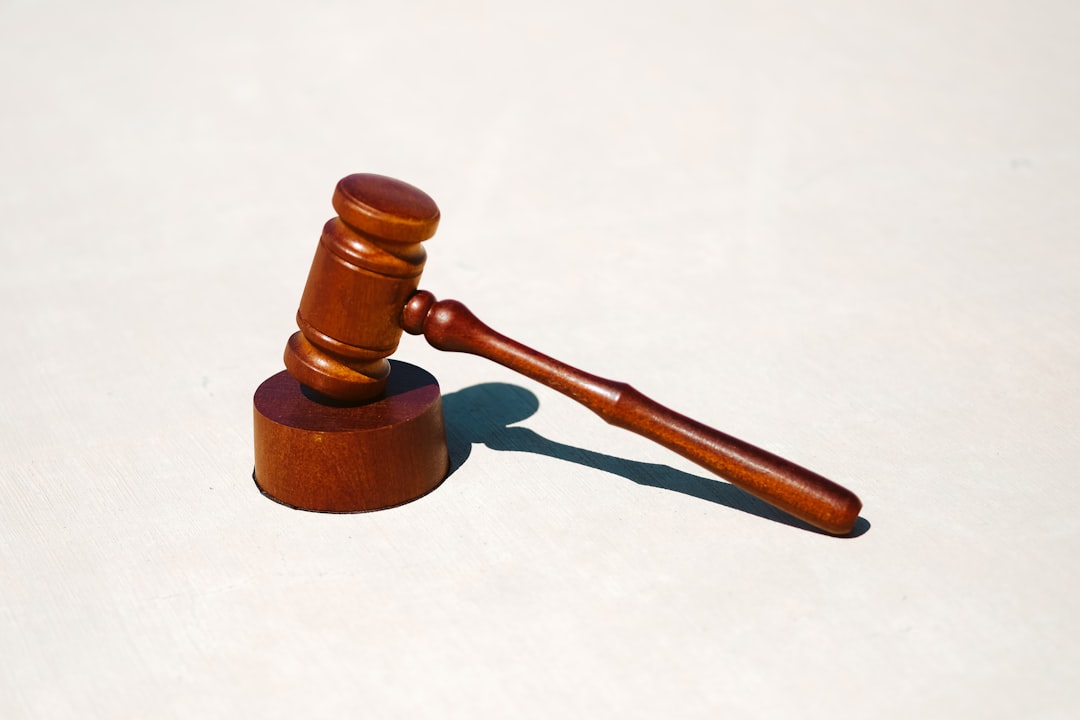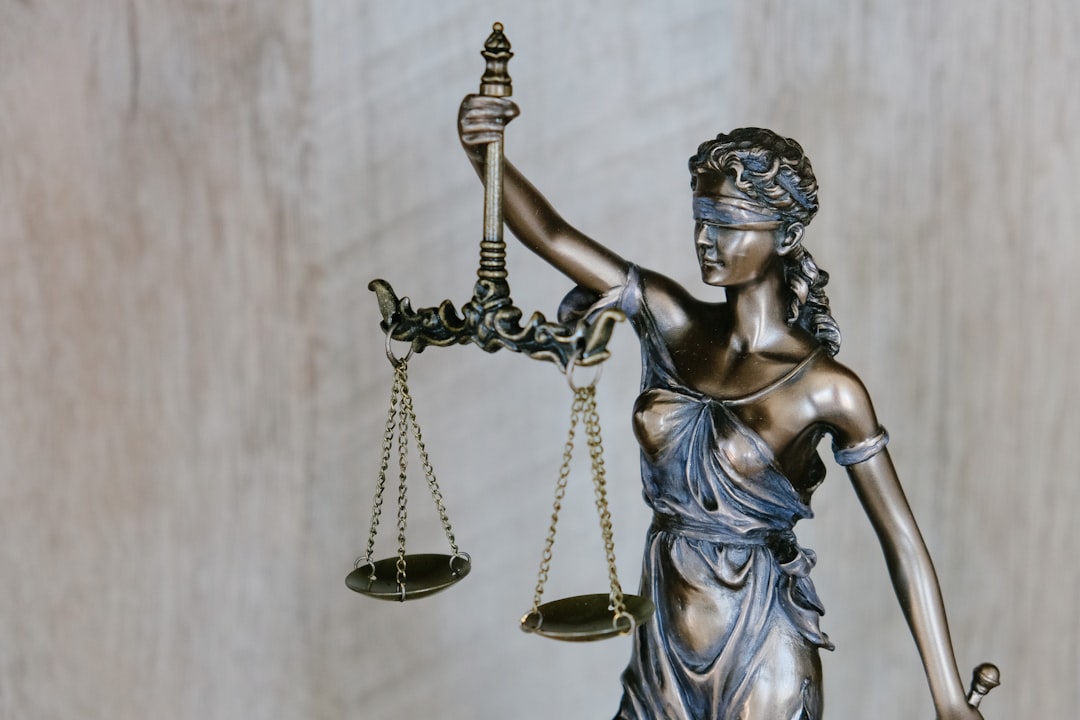In New Hampshire, debt collector lawyers specialize in navigating strict regulations for debt collection practices, protecting debtor rights, and ensuring creditor compliance. Consumers have robust rights when disputing debt validity, including prompt written notices within 30 days of collection, document requests, and the right to challenge accuracy. Debt collector lawyers assist clients with dispute resolution, investigating consumer protection violations, negotiating settlements, and providing strategic guidance based on unique circumstances to foster fairness and transparency in debt disputes under state laws and regulations.
In New Hampshire, understanding the intricate dance between debtors and debt collectors is crucial. This article serves as your guide through the state’s debt collection laws and dispute procedures. From comprehending when and how to challenge debt validity to exploring the pivotal role of debt collector lawyers in NH, you’ll discover the steps needed to navigate these processes effectively. By delving into these aspects, individuals can assert their rights and make informed decisions regarding their financial situations.
Understanding New Hampshire Debt Collection Laws

In New Hampshire, understanding the state’s debt collection laws is crucial for both debtors and debt collectors alike. These regulations are designed to protect consumers from unfair or aggressive collection practices while ensuring that creditors have legal avenues to recover their debts. Debtor rights in New Hampshire include specific rules regarding the timing and frequency of contact by debt collectors, as well as restrictions on threatening or harassing behavior.
Debt collector lawyers in New Hampshire play a vital role in navigating these laws, advising clients on their rights and obligations, and ensuring that collection practices comply with state regulations. They can help debtors understand their options, including potential dispute resolution processes, and guide debt collectors through the legal framework to maintain compliance and avoid legal repercussions.
When and How to Challenge Debt Validity

In New Hampshire, consumers have rights when it comes to challenging debt validity, especially when approached by debt collectors. If you believe a debt is invalid or inaccurate, it’s crucial to act promptly. The first step is to send a written dispute notice to both the creditor and the debt collector within 30 days of receiving the collection notice. This notice should include specific details about the disputed amount and the reasons for your disagreement.
Debt collector lawyers in New Hampshire recommend that consumers gather all relevant documents, such as original contracts, payment records, or any proof that shows the debt is not yours or has been incorrectly calculated. Once you’ve submitted the dispute, you have the right to request verification of the debt from the creditor, who must provide a written response within 30 days. This process empowers consumers to ensure fairness and accuracy in debt collection practices.
The Role of Debt Collector Lawyers in NH

In New Hampshire, debt collector lawyers play a pivotal role in navigating complex legal procedures related to debt disputes. These specialists are well-versed in state laws and regulations that govern debt collection practices, ensuring fairness and transparency throughout the process. They represent both debtors and creditors, offering strategic guidance tailored to each party’s unique circumstances.
Debt collector lawyers in New Hampshire assist clients by reviewing the validity of debts, investigating potential violations of consumer protection laws, and negotiating settlements or resolutions. Their expertise enables them to protect the rights of individuals and businesses involved in debt disputes, fostering a balanced approach in the pursuit of repayment or debt relief.
Navigating Dispute Resolution Processes

Navigating dispute resolution processes in New Hampshire can be a complex task, especially for those dealing with debt collection issues. Individuals facing debts they believe are inaccurate or unfair have legal rights and options to consider. One common approach is to engage debt collector lawyers who specialize in these matters. These attorneys can guide clients through the intricate regulations and laws surrounding debt collection practices in New Hampshire.
By consulting a legal professional, individuals can learn their rights to challenge debt validity, obtain validation of the debt, and even seek damages if they’ve been subjected to unfair or abusive collection tactics. The process often involves submitting written disputes, requesting documentation from the debt collector, and potentially engaging in negotiations or formal hearings to resolve the dispute amicably or through binding arbitration.






